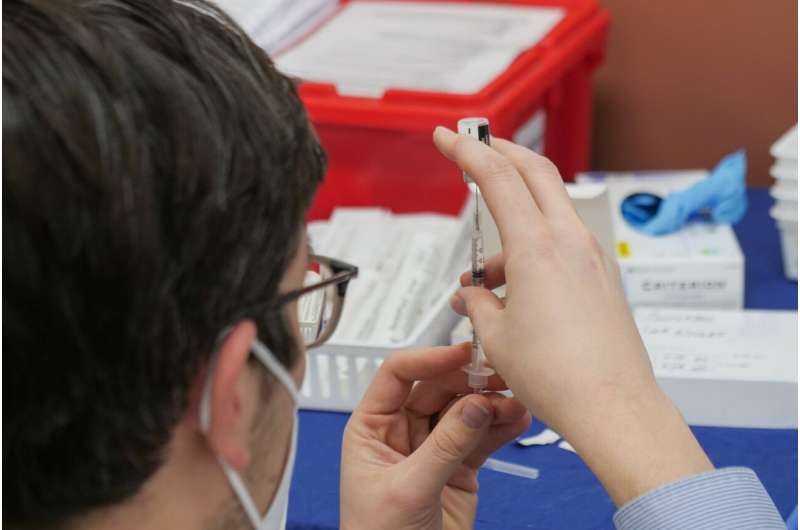Study Reveals Risks of Excessive Medication Use and Hospital Visits Among Older Adults

A new study from the University of Bath reveals that excessive medication use among seniors increases the risk of emergency hospitalizations, emphasizing the need for proactive medication management and innovative assessment tools.
A recent study conducted by the University of Bath in the UK highlights that excessive and unnecessary medication, known as inappropriate polypharmacy, significantly increases the risk of emergency hospital admissions for seniors aged 65 and older. The research emphasizes that multiple medications, particularly those with sedative and anticholinergic effects, contribute to a higher chance of adverse health events leading to hospitalization.
The study utilized a comprehensive UK dataset and developed machine learning models to predict the likelihood of hospitalization within 30 days. Key predictors included the Drug Burden Index (DBI), which measures the cumulative impact of medications with sedative and anticholinergic properties, alongside factors like impaired mobility, history of falls or fractures, smoking, and alcohol consumption. Results demonstrated an approximately 75% accuracy in identifying at-risk individuals.
The findings shed light on the dangers of prescribing cascades, where side effects from one medication lead to additional prescriptions, compounding health risks. As older adults often manage chronic conditions like diabetes, hypertension, and arthritis with multiple drugs, this escalating complexity can lead to harmful drug interactions and increased hospitalization risk.
Researchers suggest the development of a digital tool—potentially an app—that healthcare professionals can use to assess a patient's risk based on medication use, lifestyle, and health history. Such a tool could enable proactive adjustments to treatment plans and lifestyle interventions, preventing hospital visits and improving patient safety. The study underscores the importance of careful medication management in geriatric care and aims to enhance clinical decision-making to support safer aging.
While the research was based on UK data, the issue of polypharmacy is a global concern, with studies worldwide linking it to adverse outcomes. The team envisions early intervention strategies that combine technology and personalized assessments to reduce preventable hospitalizations, ultimately contributing to better health outcomes for older populations.
source: https://medicalxpress.com/news/2025-07-medicines-hospital-highlights-hidden-older.html
Stay Updated with Mia's Feed
Get the latest health & wellness insights delivered straight to your inbox.
Related Articles
Trump's Remarks on Tylenol and Autism Risk Spark Scientific Debate
Recent statements by Donald Trump linking Tylenol to autism risk have sparked controversy, with medical experts warning of misinformation and public health risks. Learn about the ongoing debate and scientific perspectives.
Advanced Genomics Enhances Detection of Difficult-to-Identify Diarrheal Infections
A comprehensive study from the University of Liverpool uses cutting-edge genomics techniques to improve detection and understanding of challenging diarrheal infections, promising better diagnostics and targeted treatments.
US Suspends Approval of Chikungunya Vaccine Ixchiq Due to Serious Side Effects
The FDA has suspended the approval of the chikungunya vaccine Ixchiq after reports of serious adverse effects, raising concerns about vaccine safety amidst ongoing outbreaks.
Maternal Hypertension During Pregnancy Shows Sex-Specific Effects on Fetal Growth
New research reveals that hypertensive disorders during pregnancy affect fetal growth differently based on the baby's sex, emphasizing the need for personalized prenatal care strategies.



